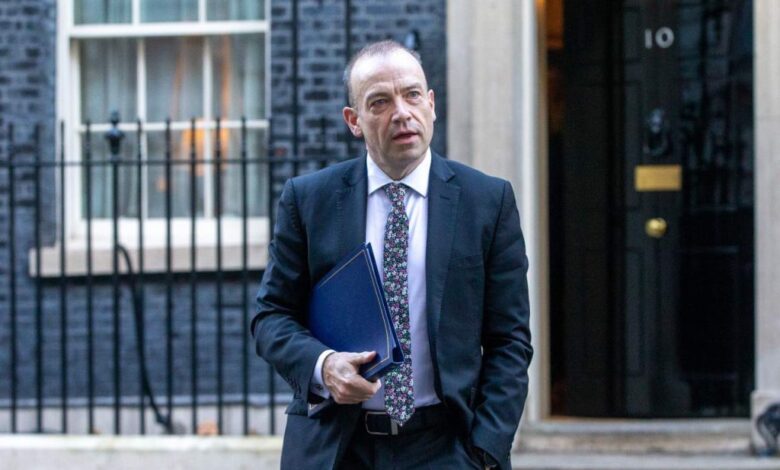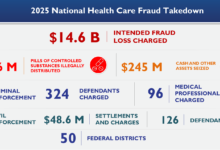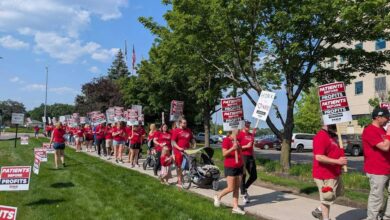Northern Ireland: Legislation announced after nurse strikes

The Northern Ireland secretary has said he will introduce new legislation to address the political deadlock in the country, following a major strike by nurses and other public sector workers.
Chris Heaton-Harris said today that his proposed legislation would support Northern Ireland departments to manage “the immediate and evident challenges they face in stabilising public services and finances”.
The Stormont assembly in Northern Ireland has been collapsed for almost two years due to a boycott by the Democratic Unionist Party (DUP) over post-Brexit trading arrangements.
Mr Heaton-Harris is now obligated to call for a fresh assembly election, as the legal deadline for ministers to restore Stormont passed yesterday (18 January).
The deadline coincided with the largest ever public sector strike in Northern Ireland, where more than 170,000 workers, including nurses, took to the streets to demand pay parity with their colleagues in England.
It comes as nurses and other public sector workers are still without a pay deal for 2023-24, or an improved offer for 2022-23, due to the political situation in the country.
Mr Heaton-Harris had offered a financial package worth more than £3bn, which included money for a public sector pay deal, but only on the condition that the political parties reformed Stormont.
DUP party officers are reportedly set to meet later today to decide whether they want to return to power-sharing at Stormont in return for the deal outlined by Mr Heaton-Harris.
However, striking nurses told Nursing Times yesterday that they felt they were being “held to ransom” because the country did not have a functioning government.
They urged the secretary of state to release the funds for a public sector pay rise, warning that they did not want to be “used as leverage in some kind of political chess game”.
There was no sign of Mr Heaton-Harris in Northern Ireland yesterday, despite striking workers directing many of their demands at him and even picketing his office in Belfast.
However, just minutes after the strike action ended at midnight, Mr Heaton-Harris issued a statement on his next steps to address the political deadlock.
He said the events in Northern Ireland had “shown the urgent action which is required” to address a range of issues facing the country.
Mr Heaton-Harris added: “I remain of the belief that a sitting Northern Ireland executive is best placed to act quickly and effectively to resolve those issues.
“In the absence of a sitting Northern Ireland executive I will update parliament on the next steps.
“I intend to introduce new legislation which will take a pragmatic, appropriate and limited approach to addressing the executive formation period and support Northern Ireland departments to manage the immediate and evident challenges they face in stabilising public services and finances.”
Commenting on the statement, the director of the Royal College of Nursing (RCN) in Northern Ireland, Rita Devlin, said: “The strength of feeling demonstrated by RCN members on the picket lines across Northern Ireland yesterday was underpinned by anger and frustration at how the current political crisis has not only denied them a pay award but has significantly deepened the crisis in our health and social care system.
“Irrespective of wider political developments over the next few days, it is essential that pay parity with England is restored as a first step in addressing this crisis.”
Ms Devlin welcomed the acknowledgement by Mr Heaton-Harris of the challenges facing services across Northern Ireland.
She added: “He needs to translate this into decisive action by immediately releasing the funds for a pay award for nursing staff.
“Anything less will be seen by RCN members as a dereliction of duty and will be viewed as further evidence that their concerns over patient care are not being listened to by those responsible for the governance of Northern Ireland.”






